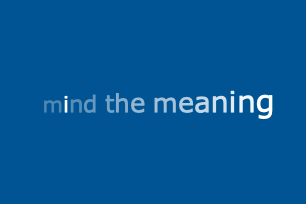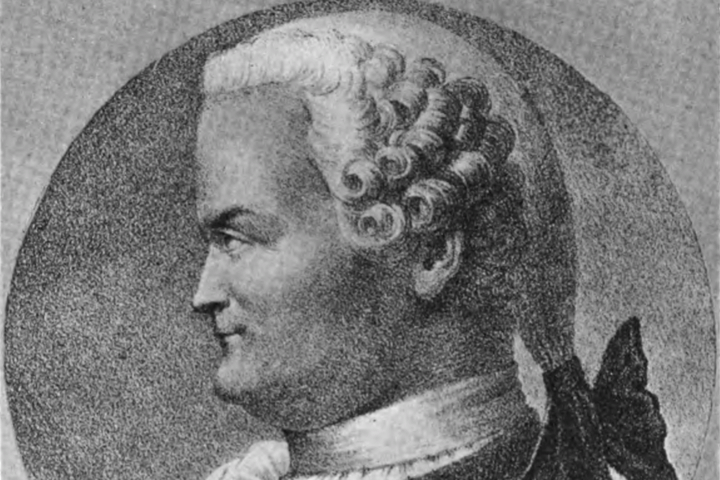Expression and Negation: An Expressivist Account of Disavowals
Betreuer: Prof. Dr. Wolfgang Freitag, Lehrstuhl Philosophie I
The dissertation project aims to develop an expressivist analysis of negative avowals. So far, expressivist theories (Wittgenstein 1953; Bar-On 2004, 2015; Finkelstein 2003; Freitag 2014, 2018) have focused on positive avowals. But negative avowals (disavowals), e.g., utterances of “I don’t hope that it is raining,” pose, or seem to pose, a serious problem to avowal expressivism. It is unclear what a speaker expresses with a negative avowal – how can one express the absence of a mental state? The purpose of the dissertation is to examine negative avowals. I will tentatively claim that, despite the mentioned problem, they can receive an expressivist analysis. I propose that disavowals constitute cases of expressive denegation. Thus, we can avoid a descriptivist backlash. An expressivist analysis of disavowals will, furthermore, contribute to a new understanding of various philosophical problems such as Moore’s paradox and suspension of belief.
The dissertation was submitted in December 2022 and successfully defended in April 2024.
Scientific Observation in Perspective (working title)
Supervisor: Prof. Dr. Wolfgang Freitag, Chair of Philosophy I
The dissertation project aims to develop a perspectivist account of scientific observation. The observational ability of human observers has been profoundly enlarged and enhanced with the aid of sophisticatedly designed apparatus. Whether the observational results gained via the use of apparatus could be treated as the outcome of a simple continuum of human sensory perception or not, determines how we interpret observational results in science. I will respond to this question from a perspectivist viewpoint and will thus argue that there is no simple continuum thereof. The purpose of this dissertation is to develop a perspectivist theoretical framework with the aim of bridging the gap between the apparatus-based observation and human sense-based observation.
Wild Animal Suffering and Laissez-faire Intuition
Beka Jalagania
Supervisor: Prof. Dr. Bernward Gesang, Chair of Philosophy II
In his PhD thesis, Beka Jalagania addresses questions concerning the ethics of wild animal suffering. The thesis provides a comprehensive analysis of the view, called the Laissez-faire Intuition, that we are not required to assist wild animals. In contrast to this view, the thesis makes the case for assisting wild animals in their struggle to live lives free from suffering and provides a theoretical ground for an ethically justified intervention in nature.
Expression games. The notion of expression in Wittgenstein’s Philosophy of Psychology
Supervisor: Prof. Dr. Wolfgang Freitag, Chair of Philosophy I
My dissertation deals with Wittgenstein‘s discussion of the expression of mental states through a speaker’s verbal or nonverbal behavior. The focus on the analysis lies on so-called avowals like “I am in pain.”
I share the view that Wittgenstein, through his analysis of such sentences, can be seen as a pioneer of psychological expressivism.. Moreover, I argue that key motifs of his later work, like the impossibility of a private language, the rule-following problem, or the phenomenon of aspect perception, can be integrated into an inherently expressivist interpretation of Wittgenstein’s work.
My main thesis is that Wittgenstein doesn’t see the expression of mental state as a phenomenon that depends on the presence of mental states in the subject’s mind, but rather as one that relies on the presence of an expression game: an intersubjective context in which actions gain their expressive significance, thereby becoming adequate vehicles for expressing mental states.




